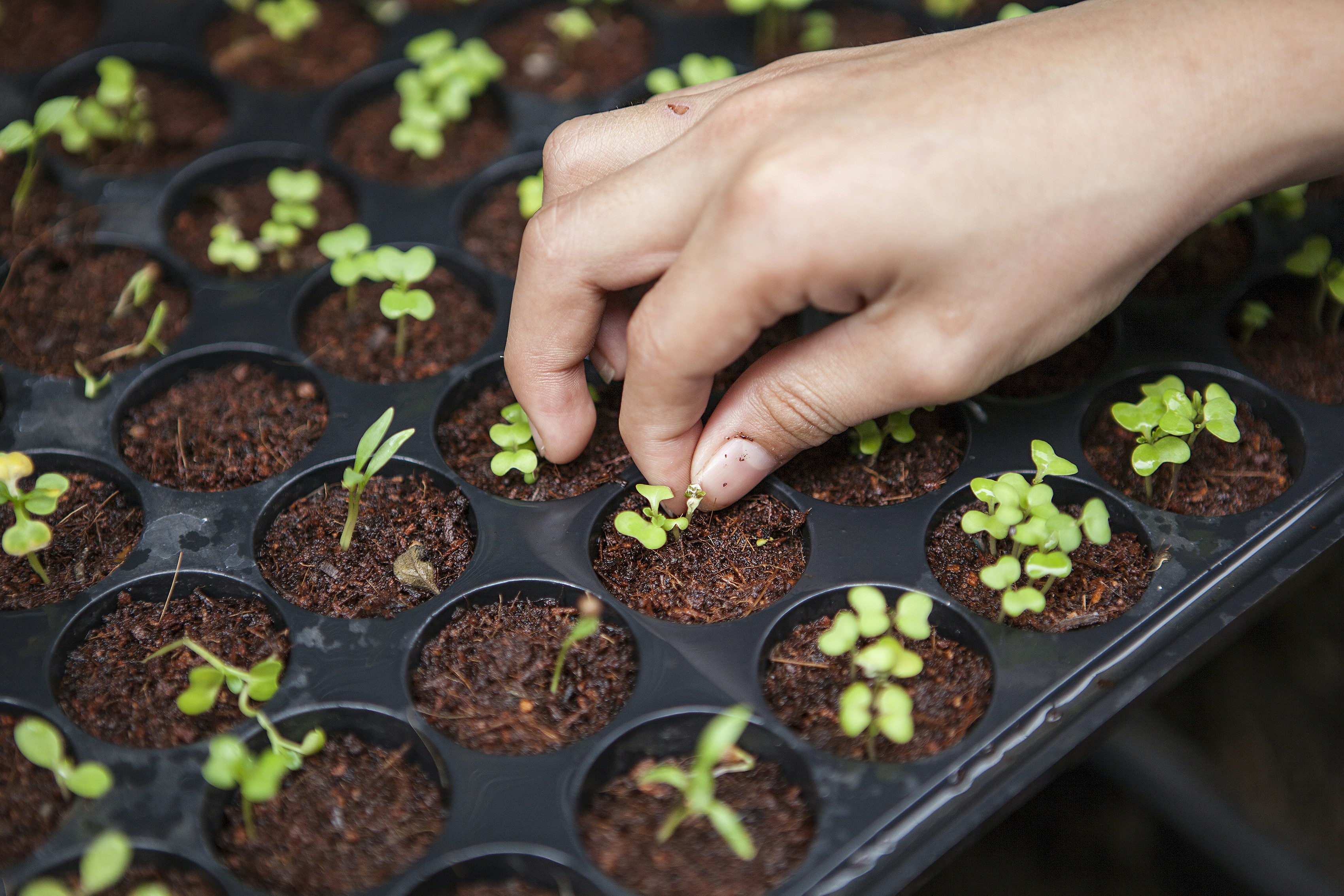 Photo by The Humble Co. on Unsplash
Photo by The Humble Co. on Unsplash The Advancements in AI and Organic Farming
As the world becomes more conscious of the need for sustainable practices, organic farming has gained significant attention. With the integration of next-generation AI technology, organic farming is poised to revolutionize the agricultural industry. The combination of AI and organic farming not only promotes sustainable practices but also enhances productivity and efficiency.
AI can play a crucial role in managing and guiding organic farming practices. Through the use of sensors, drones, and data analytics, farmers can monitor crop health, predict growth patterns, and identify potential issues before they become major problems. This enables farmers to make data-driven decisions, optimize resource allocation, and minimize the use of pesticides and fertilizers.
The Benefits of AI Guided Organic Farming
One of the major advantages of AI guided organic farming is higher crop yields. By leveraging AI technology, farmers can create the ideal growing conditions for crops, ensuring that they receive the right amount of water, sunlight, and nutrients. This results in healthier and more abundant produce, while reducing wastage and increasing profitability for farmers.
Additionally, AI can help farmers combat climate change and respond to environmental challenges. By monitoring weather patterns, soil conditions, and pest populations, AI can help farmers adapt their farming practices accordingly. This not only minimizes the environmental impact but also ensures the long-term sustainability of agriculture.
RELATED POSTS
View all
